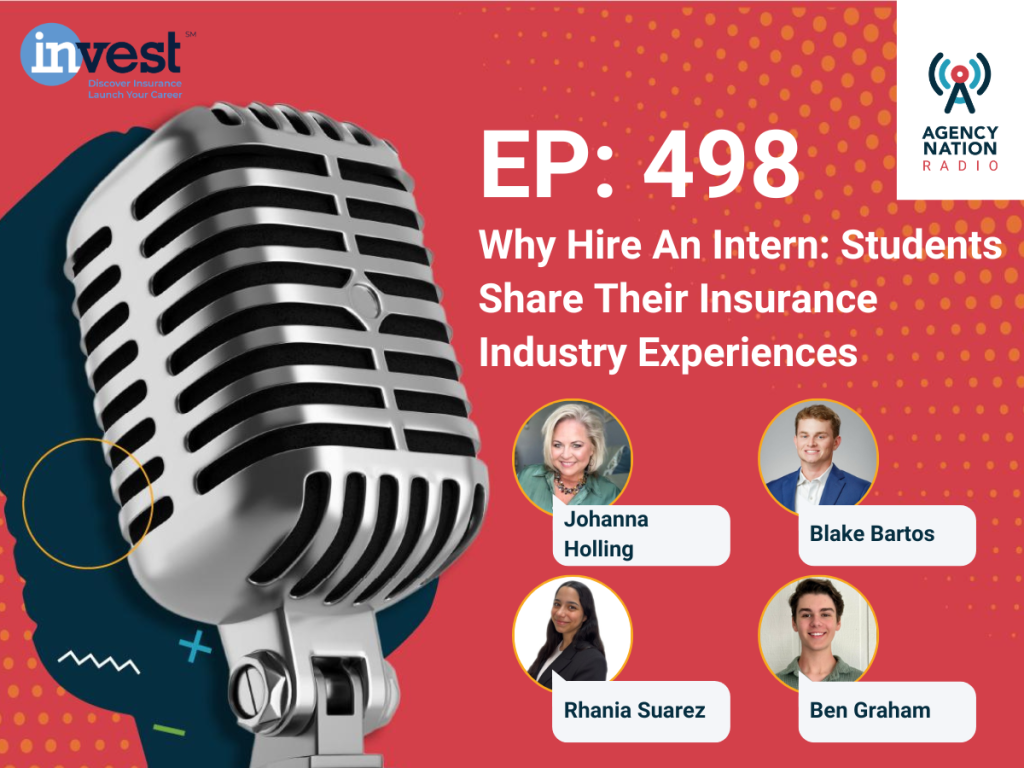Why Your HR Team Needs a Devil’s Advocate

By: Mike Haberman
In the 900-some years between the year 1000 and 1978, the Roman Catholic Church canonized fewer than 450 people as saints.
Then, in 1978, Pope John Paul II removed the use of a promotor fidei, whose job it was to question what made an individual worthy of sainthood. In the 38 years since then, the Church has canonized 450 saints.
I learned this as I was reading a section about confirmation bias in the book “The Wisest One in the Room” by Thomas Gilovich and Lee Ross. According to the authors, we humans have a tendency to look for evidence that confirms what we believe: “The more you want a proposition to be true, the more inclined you are to look for evidence that supports it.” Look no further than both sides of the 2016 Presidential election for another real-life example.
But confirmation bias isn’t limited to religion and politics. It’s actually a mistake employers often make during the interview process—and you can combat it with the simple knowledge that it exists.
Typically, if we happen to like or dislike something about a candidate, we have a tendency to look for evidence that confirms our initial impression. When I learned about behavioral interviewing back in the 1980s, I discovered that in order to be effective and counteract this tendency, we must actively seek out “disconfirming” evidence. That means you have to become your own devil’s advocate.
In order to achieve a more balanced view of a candidate you’re interviewing, ask yourself questions like, “What makes me like this person so much?” or “Why is this person rubbing me the wrong way?” Rather than looking for evidence that supports making a particular decision, consider instead reasons why you shouldn’t make the decision you want to make, purchase the product you want to purchase or fire the person you want to fire.
If every human resources department had a promotor fidei, or devil’s advocate, we could all make consequential decisions with more confidence. As Gilovich and Ross say, “What you need to do is to slow down and consciously look for information that challenges whatever proposition you are evaluating, especially if the proposition conforms to your current view or preferences.”
Next time you face a decision where the answer seems a little too easy, pull that little devil out of your pocket and put it to use.
Mike Haberman is co-founder of Omega HR Solutions and has worked in human resources for more than 30 years as both a practitioner and consultant.










